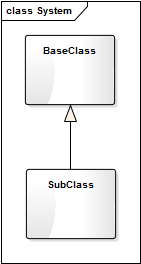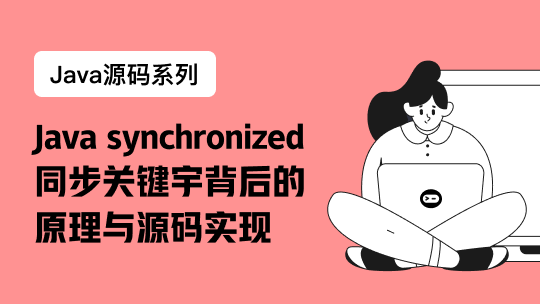C++类有继承时,析构函数必须为虚函数。如果不是虚函数,则使用时可能存在内在泄漏的问题。
假设我们有这样一种继承关系:

如果我们以这种方式创建对象:
SubClass* pObj = new SubClass();
delete pObj;
不管析构函数是否是虚函数(即是否加virtual关键词),delete时基类和子类都会被释放;
如果我们以这种方式创建对象:
若析构函数是虚函数(即加上virtual关键词),delete时基类和子类都会被释放;
若析构函数不是虚函数(即不加virtual关键词),delete时只释放基类,不释放子类;
测试代码
大家可以自己测试一下,以下是我的测试代码:
#include <string> #include <iostream> class BaseClass { public: BaseClass() : m_pValue(NULL) { } /*virtual */~BaseClass() { delete m_pValue; m_pValue = NULL; std::cout << "BaseClass virtual construct." << std::endl; } void SetValue(int v) { if (!m_pValue) { m_pValue = new int(v); } else { *m_pValue = v; } } private: int* m_pValue; }; class SubClass : public BaseClass { public: SubClass() : BaseClass() , m_pstrName(NULL) { } /*virtual */~SubClass() { delete m_pstrName; m_pstrName = NULL; std::cout << "SubClass virtual construct." << std::endl; } void SetName(const std::string& name) { if (!m_pstrName) { m_pstrName = new std::string(name); } else { *m_pstrName = std::string(name); } } private: std::string* m_pstrName; }; int main() { BaseClass* pObj = new SubClass(); pObj->SetValue(10); ((SubClass*)pObj)->SetName("zhangsan"); delete pObj; pObj = NULL; return 0; }原文地址:https://blog.csdn.net/luoweifu/article/details/53780438








